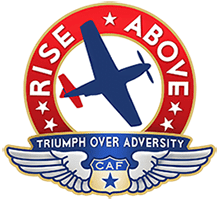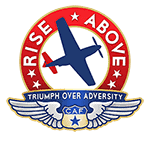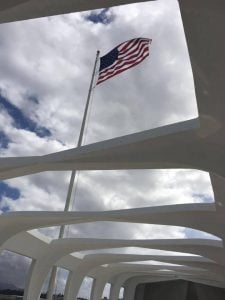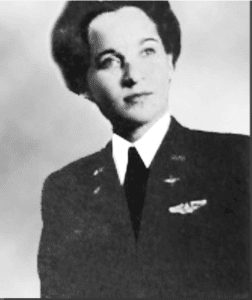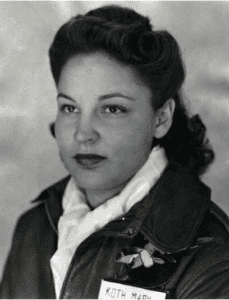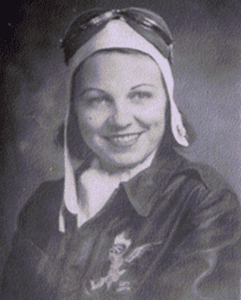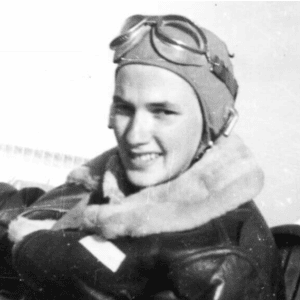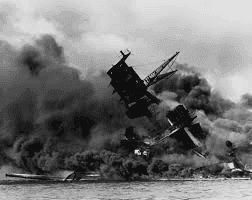 December 7, 1941 changed the landscape of the American public. Service before self seeped into the collective conscious. People of all walks of life felt compelled to step forward and heed the call. But not everyone was welcome.
December 7, 1941 changed the landscape of the American public. Service before self seeped into the collective conscious. People of all walks of life felt compelled to step forward and heed the call. But not everyone was welcome.
The men who would become known as the Tuskegee Airmen – our country’s first black military pilots – felt this draw to service same as everyone else. They had the passion and skill to fight the war from the air, and worked hard for this opportunity at a time when they had to surmount absurd obstacles to be able to do so. While military leadership dug in their heels on their false belief of racial superiority, the Tuskegee Airmen endured prejudice and mistreatment in order to fly and fight for their country.
While some thought the color of their skin should preclude them from serving our country in this manner, times were changing and the war effort would need as many pilots as it could get. Borne of this necessity, the Tuskegee Airmen would ultimately prove to the entire military establishment that their ability to perform as well as their white counterparts was far more meaningful than any perceived lack of ability based on their complexion. The resulting contribution to the war effort and desegregation of the U.S. Armed Forces was huge, although under-acknowledged for decades.
 75 years later, has apathy replaced the horror of that day that will live in infamy? We hope not. We believe the lessons of the Tuskegee Airmen – and that of all the men and women who served and sacrificed during this terrible war – will not only be remembered, but inspire each one of us to rise above our own obstacles and be our very best. The most powerful inoculation against apathy, and repeating past mistakes, is empathy and remembrance.
75 years later, has apathy replaced the horror of that day that will live in infamy? We hope not. We believe the lessons of the Tuskegee Airmen – and that of all the men and women who served and sacrificed during this terrible war – will not only be remembered, but inspire each one of us to rise above our own obstacles and be our very best. The most powerful inoculation against apathy, and repeating past mistakes, is empathy and remembrance.
On this day set aside to reflect on the attack that drew our nation into a world war, we pause to remember and appreciate the two wars fought by the Tuskegee Airmen – against fascism abroad and racism at home. And may we forever honor their service and sacrifice.
The CAF Red Tail Squadron is a volunteer-driven organization dedicated to educating audiences across the country about the history and legacy of the Tuskegee Airmen, America’s first black military pilots and their support personnel. Learn more at www.redtail.org.
